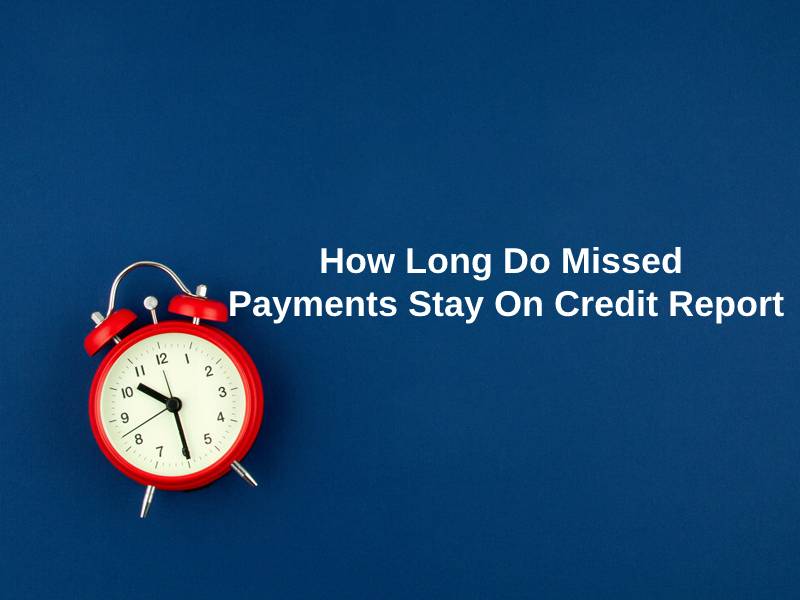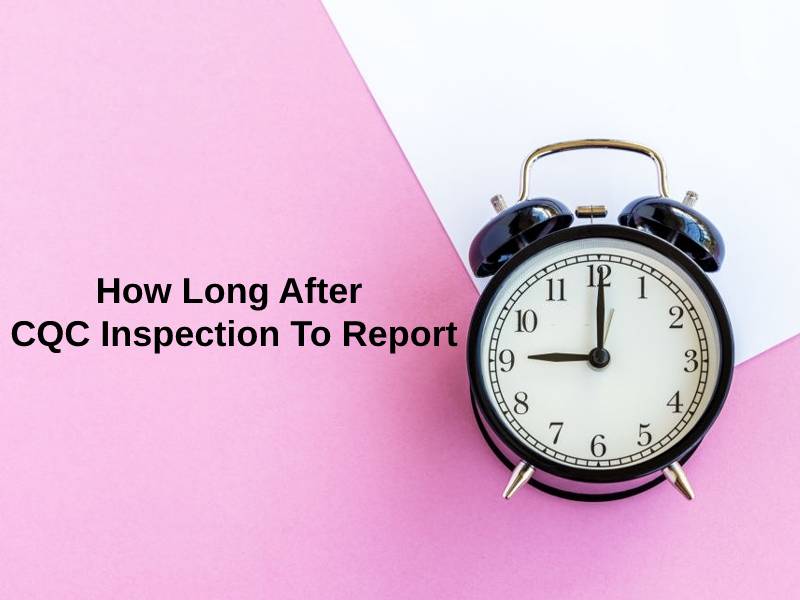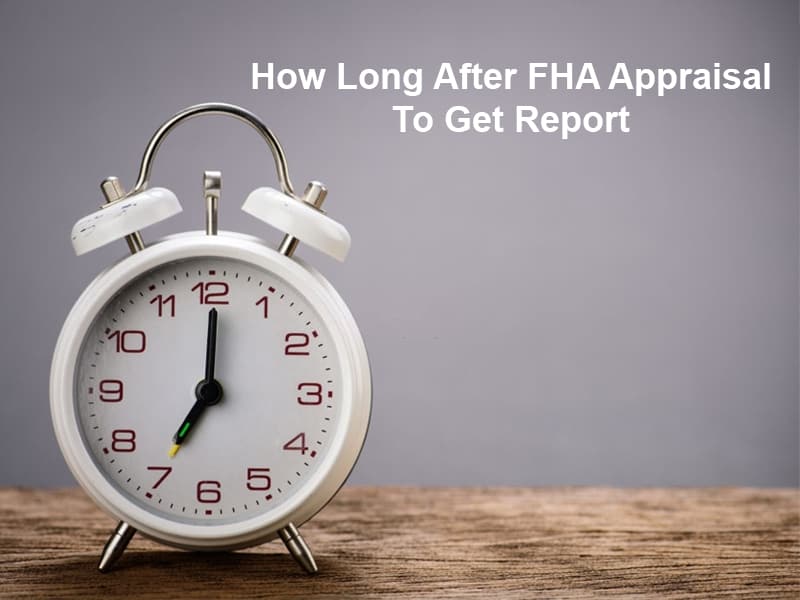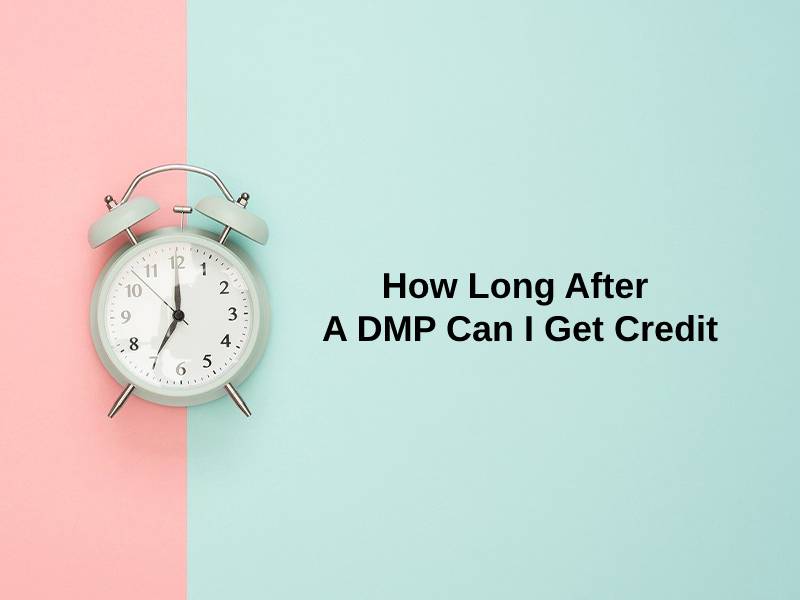Exact Answer: 7 years
With several invoices to remember, it’s easy to overlook a payment. Late payment may not be a big concern if you detect it immediately away, but the longer your account is past due, the higher the risk to your credit it poses.
Missed payments can be recorded on your credit report for up to seven years. Missed payments can cost you money in addition to affecting your credit.

How Long Do Missed Payments Stay On Credit Report?
| Conditions | Lasts for |
| Missed payments on the credit report | 7 years |
Late payments are reported to credit bureaus for seven years from the date of the default. Although if you pay off past-due invoices, the late payment will not be removed from your credit report. And it will still take seven years to drop off, no matter how late your payment is.
Since payment history is the most crucial aspect of your credit score, a single late payment can have a strong influence on your credit. The impact of delayed payment, on the other hand, fades over time, particularly if it’s a one-time blunder offset by on-time payments. Before a late bill appears on your credit report, you have 30 days to pay it.
Here are some more specifics based on how late your payment is:
- Payments received fewer than 30 days late: You’re in luck if you miss your due date but make a payment before it’s 30 days past due. Creditors do not disclose late payments to credit bureaus until they are 30 days late. You may, however, be charged a late fee.
- Payments that are 30 days or more late: A late payment will appear on your credit report after it is 30 days past due. You are still obligated to make up the missed payment, then do so as soon as possible.
- Payments that are more than 60 days late: If you do not repay the late payment and miss your next due date, your credit record will show a 60-day late notice. This can wreak even more havoc on your credit score. If you miss any payments, your credit record will show more notifications, your debt may be forwarded to a collection agency, and your creditor will most likely shut your account.
Missed payments show up on your credit report under the account you haven’t paid. So, if you’re late on a credit card payment, there will be a remark in that portion of your report indicating whether you’re 30, 60, or 90 days late (and so on).
Creditors decide whether or not to report a late payment on your credit report. Although creditors are required by law to provide true and accurate reports, they still have some discretion in determining whether each late payment should be reported. As a result, consumers have a tool known as a goodwill letter. This can be used to request that a creditor not report a late payment or to have that item removed from your credit report.
It’s a letter that capitalizes on past goodwill you may have earned by correctly maintaining your account. Outline your relationship with the creditor, explain why you were late, and offer your strategy for preventing it from happening again. Then you request that the creditor eliminate your debt.
Why Missed Payments Stay On Credit Report For So Long?
Late payment will lower your credit score, but the severity of the reduction is determined by the type of credit score and your entire credit profile. If you currently have an exceptional credit score, a late payment will result in a more severe point decrease than if you have a mediocre or average credit score. Missing numerous payments in a succession can be worse for your credit than missing just one, and your credit score will suffer as a result.
If you have a credit card or a loan, you must remember the due date and strive to pay on time to avoid paying a late fee for non-payment. Here are some pointers to help you make sure you don’t get behind on your payments.
- Setting autopay – Setting up autopay is the simplest approach to avoid late payments. It only takes a few minutes to set up autopay and tailor your payment for the minimum due, the total statement balance, or another amount.
- Set up payment reminders- If you don’t want to use autopay, make calendar reminders or sign up for SMS and email alerts from your creditors. You can set up alerts to notify you when your statement is ready when your payment is due in a certain number of days, when your payment posts, and more. It should be noted that these possibilities may differ depending on the creditor.
- Week payments- Rather than paying monthly, it is advisable to make weekly payments on the account. You may find it easier to control your total balances if you do so.
Conclusion
Your payment history accounts for about 35% of your credit score. A single missed payment recorded to the credit agencies might lower your credit score. Furthermore, that type of faulty information might stay on your report for up to seven years.
To minimize future late payments, you can set up recurring payments for the minimum amount due on your accounts. when a late payment is incorrectly shown on any one of your credit reports, you can claim it and get it deleted.




















